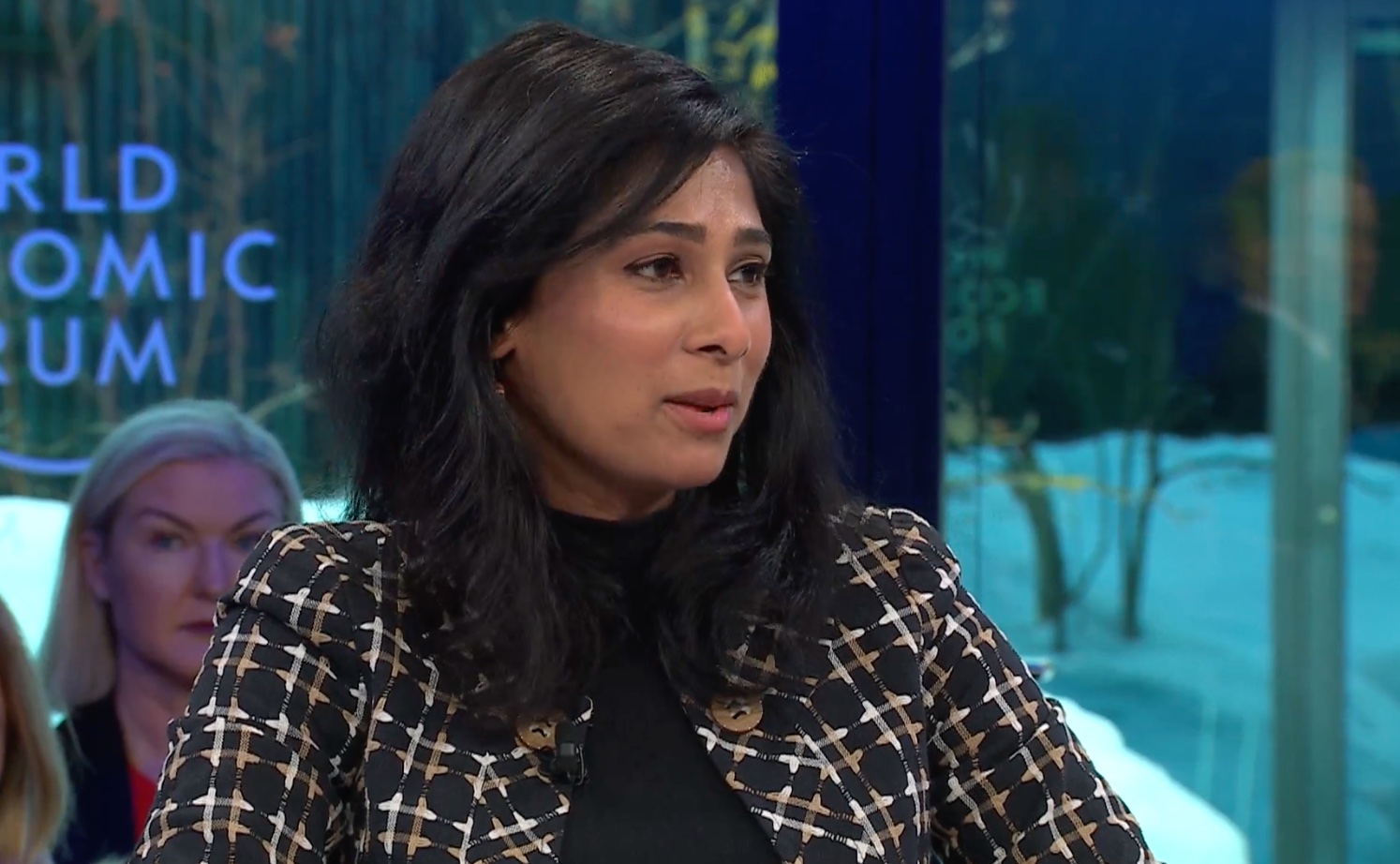BAKU, Azerbaijan, January 22. At the World Economic Forum session on Emerging Economies amid Shock, Gita Gopinath, First Deputy Managing Director of the International Monetary Fund (IMF), discussed the resilience of emerging markets in the face of recent global challenges, Trend reports.
“Emerging markets did well in the last few years,” Gopinath began, pointing to the unusual stability observed despite significant global shocks. She noted, “In the past, if you had the U.S. Federal Reserve increasing interest rates by 450 basis points, a pandemic, and a large increase in energy prices, we would have expected much more emerging market turmoil. But that didn’t happen.”
Gopinath attributed this resilience to long-term investments made since the 1990s, including sound monetary policy frameworks, financial sector regulation, and measures to limit borrowing in foreign currencies. “That’s what provides resilience,” she explained.
Looking ahead, Gopinath acknowledged that emerging markets still face significant challenges. “There are plenty more knocks in terms of what emerging markets will have to deal with, and they’ll have to build resilience to it,” she warned. She pointed out key headwinds such as higher borrowing costs, the strengthening of the U.S. dollar, and the shifting global trade policies.
Another significant concern, according to Gopinath, is the secular decline in GDP per capita growth in emerging and developing economies. She explained, “In the 2000s, per capita growth was around 3.6 percent. Since the pandemic, it has been halved to 1.8 percent.” This slowdown is attributed to a combination of slower productivity growth and a decline in private sector investment, with exceptions like Saudi Arabia and Mexico.
To combat this stagnation, Gopinath emphasized the need for renewed focus on structural reforms. “The intensity of doing those reforms has slowed quite a bit since the early 2000s,” she noted. She stressed the importance of building deep capital markets, improving the ease of doing business, and fostering innovation in the private sector. “Returning to that is the best way to build resilience to the headwinds these countries face,” she concluded.







